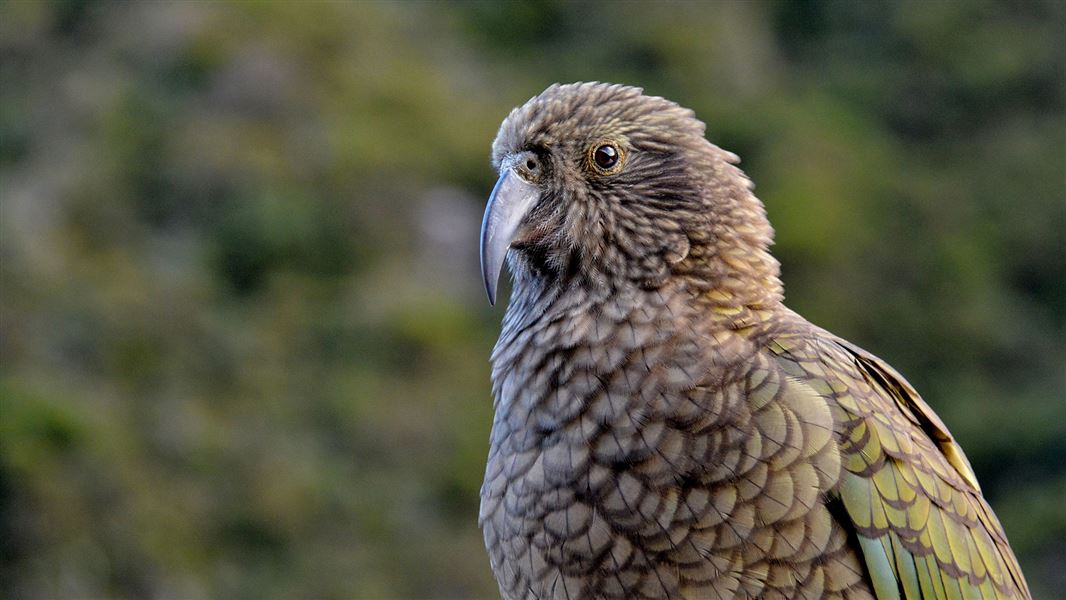Archived content: This media release was accurate on the date of publication.
Date: 12 October 2021 Source: The Office of the Minister of Conservation
“Lead poisoning is a serious threat to this charismatic and cheeky mountain parrot. Unfortunately it is attracted to the sweet tasting but toxic metal, commonly used in building materials prior to the 1990s, and the effects can be devastating,” Kiri Allan said.
“The project is being spearheaded by the Kea Conservation Trust. Government funding of $950,000 will allow the Trust to take on eight people from areas most affected by the COVID-related downturn in tourism, who will be trained to work at heights and in roofing maintenance.
"Work will involve removing lead from private dwellings and replacing it with non-toxic alternatives, working with property owners in areas throughout the South Island, including the Tasman District (St Arnaud, Abel Tasman, Golden Bay), Arthur’s Pass, Aoraki/Mt Cook, Ōkārito, Franz Josef, Fox Glacier, Haast, Mount Aspiring and Milford Sound.”
The Trust’s project compliments the Department of Conservation’s (DOC) own programme to remove lead materials from huts and other buildings on public conservation land.
“Kea are valued by New Zealanders as a taonga and icon of the South Island mountains, but they are in trouble and need all the help we can give them to overcome threats like lead and predators,” Kiri Allan said.
The work will kick off this spring in Arthur’s Pass village, where the community is already involved in lead removal.
Background
Blood testing of hundreds of kea has shown many have concerning levels of lead, which accumulates over time and can affect their behaviour and cause them to become sick and die. However kea with high blood lead levels can be successfully treated using chelation therapy at vet or wildlife clinics.
Contact
For media enquiries contact:
Email: media@doc.govt.nz
